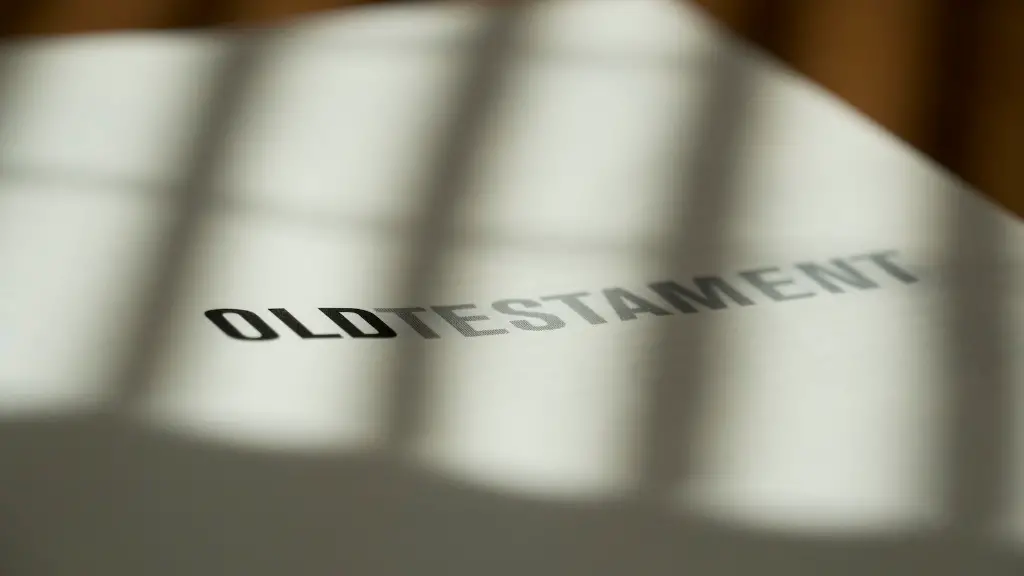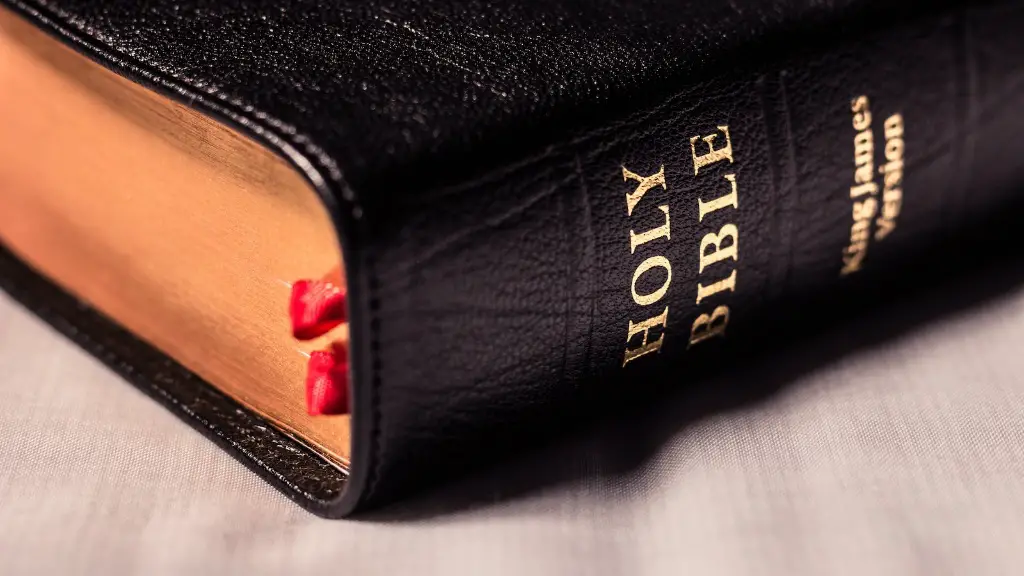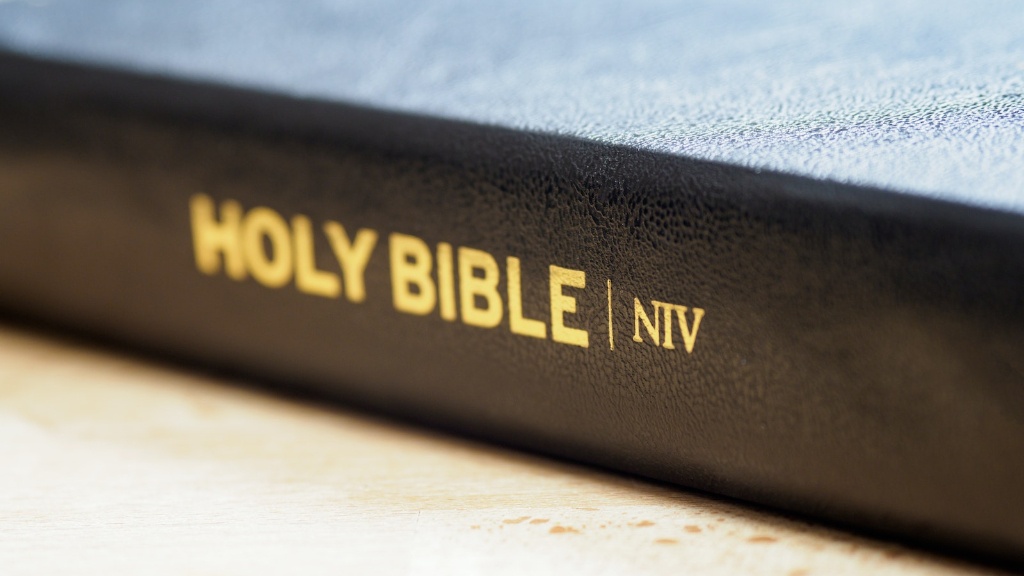In Genesis, the first book of the Bible, we learn about the creation of the world and everything in it. God spoke the world into existence, and it was good. He created everything – the heavens, the earth, the animals, and humans. He created us in His image, and we are the only creatures that He created for His glory. We have the unique ability to reflect His character and to have a relationship with Him.
The Bible does not give a specific definition of “creation,” but it does provide us with a general idea of what it is. In Genesis 1:1, we read, “In the beginning, God created the heavens and the earth.” This simple statement tells us that creation is something that God did in the beginning. He created the universe and everything in it.
In Genesis 1:27, we are told that God created man in His own image. This tells us that man was not created by chance or by accident. He was created by a personal God who had a specific purpose and plan for His life.
The Bible also tells us that creation is good. In Genesis 1:31, we read, “God saw everything that He had made, and it was very good.” This tells us that God is pleased with His creation and that it is good.
So, in summary, we can say that creation is something that God did in the beginning. He created the universe and everything in it. He created man in His own image. And He is pleased with His creation.
What is the meaning of creation in Bible?
The making of the world by God is described in the Bible as the Creation. This event is said to have happened over a period of six days, during which God created the heaven and the earth, the sun and the moon, and all the plants and animals.
On the first day, God created light in the darkness. On the second, He created the sky. Dry land and plants were created on the third day. On the fourth day, God created the sun, the moon and the stars. Water and sky animals were made on the fifth day, and on the sixth day, land animals and people were created.
What is the concept of creation
The philosophy of religion is a branch of philosophy that deals with questions related to religious beliefs, practices, and experiences. One of the central questions in this field is the question of how God creates and conserves the world.
Most monotheistic religions believe that God is the ultimate creator and conservator of the universe. This means that God is responsible for bringing everything into existence, and for maintaining everything in existence over time. This view is sometimes called creationism.
There are different ways of understanding how God creates and conserves the world. Some people believe that God does this through direct intervention, while others believe that God does it through indirect means. Some people also believe that God does not create or conserve the world in any literal sense, but that these are just metaphors for the way that the world is.
Whatever your view on this matter, it is clear that the question of how God creates and conserves the world is a central question in the philosophy of religion.
In Genesis, God creates the heaven and the earth in six days. On the first day, he creates light. On the second day, he creates the sky. On the third day, he creates land and vegetation. On the fourth day, he creates the sun, moon, and stars. On the fifth day, he creates fish and birds. On the sixth day, he creates animals and humans.
What is the religious definition of creation?
Creationism is a religious belief that nature, and aspects such as the universe, Earth, life, and humans, originated with supernatural acts of divine creation. Although there is no scientific evidence to support this belief, many people hold fast to it. For some, it is a matter of faith; for others, it is a way to explain the world around them without resorting to science.
The Bible is the foundation for the rest of Scripture. We learn from it that man is specially created in God’s image and commanded to be a steward over the creation, but he is fallen. This fall has resulted in a broken relationship with God and a corrupted world. However, God has not abandoned His people. He has provided a way of redemption through His Son, Jesus Christ.
Why did God create us?
People were created to love God and each other. Additionally, when God created people, he gave them good work to do so that they might experience God’s goodness and reflect his image in the way they care for the world and for each other.
God’s twin purposes for creation are to reveal God’s character and nature, and to provide for what God has made. Humanity’s use of creation must promote – not compromise – the ability of creation to reveal God and to provide for humans and other creatures on the earth now and in the future.
What are the 5 elements of creation
Everything in the universe is made up of the five elements: wood, fire, earth, water, and metal. All things, from the smallest atom to the largest whale, are said to be composed of some combination of these elements.
The scriptures are clear that it is God’s plan for us to come to Earth, to prove ourselves worthy through keeping the commandments, and then to return to His presence. This is a great opportunity for us to grow and become better people.
What happened in God’s creation?
On the first day, light was created. The second day, the sky was created. The third day, dry land, seas, plants, and trees were created. The fourth day, the Sun, Moon, and stars were created.
The image of God is central to who we are as Christians. We are called to live as God’s image-bearers within creation. As such, we have several functions: reproducing and filling the earth, subduing the earth as we expand the borders of the garden, and reigning over the other creatures.
What does the creation story teach
From the Christian perspective, the creation story teaches that God is the creator of everything and that He cares for His creation, including human beings. As human beings are part of God’s good creation, they do best when they listen to God and follow His ways. Christians believe that by looking after God’s creation, we are also honoring and glorifying Him.
God has created us for His own purposes. He created the earth and the wonders in it to bring to pass the immortality and eternal life of man His children are His greatest creation, and because of this His children are created in His own image.
What do Christians believe about creation?
All Christians believe that God caused the universe to exist. At the start of creation, God brings order to chaos by speaking aloud and bringing all things in to existence. He created the earth in six days and this creation demonstrated God’s power. God named parts of nature and this shows Gods authority over creation.
The Bible contains numerous examples of purpose statements that can guide and encourage us in our own lives. These purpose statements reveal the heart of individuals who were sold out to God and His plans for their lives. As we read these examples, we can be challenged and inspired to create our own purpose statement that will guide our steps and decisions. What an incredible impact we can have for the kingdom of God when we live with purpose!
What is the purpose of man on earth according to the Bible
The Bible tells us that God gave humanity a mandate to cultivate the garden, to be fruitful and multiply, and to rule over the earth and all that is in it. This is a huge responsibility, and it is one that we must take seriously. We are to be stewards of the earth, and that means taking care of it and using its resources wisely. We are also to be fruitful and multiply, which means that we are to have children and raise them to be responsible adults who will also steward the earth. This is a tall order, but it is one that we can meet if we are diligent and faithful.
Humans were created to live abundantly, and fruitfulness, growth, multiplication, and expansion are all part of God’s plan. This includes stewardship of society and care for the natural world.
Conclusion
The Bible does not give a single answer to the question of what creation is. Instead, it provides a range of perspectives on the nature of the universe and our place within it. In the opening chapter of Genesis, for example, we read that God created the world and everything in it out of nothing. This act of divine creation is seen as the ultimate act of power and love. Elsewhere in the Bible, however, we also read that God created the world through the ongoing process of evolution. This view of creation sees it as an ongoing process of growth and development, with each new generation adding something new to the world.
The Bible does not give a single definition of creation. Instead, it describes creation as an ongoing process that began with God’s act of separating light from darkness and culminated in the creation of human beings in God’s image. The Bible affirms that all of creation is good and that human beings have a unique role to play in stewarding it. As we reflect on the biblical story of creation, we can see that it points us to the goodness of God, the beauty of his creation, and our place in it.





